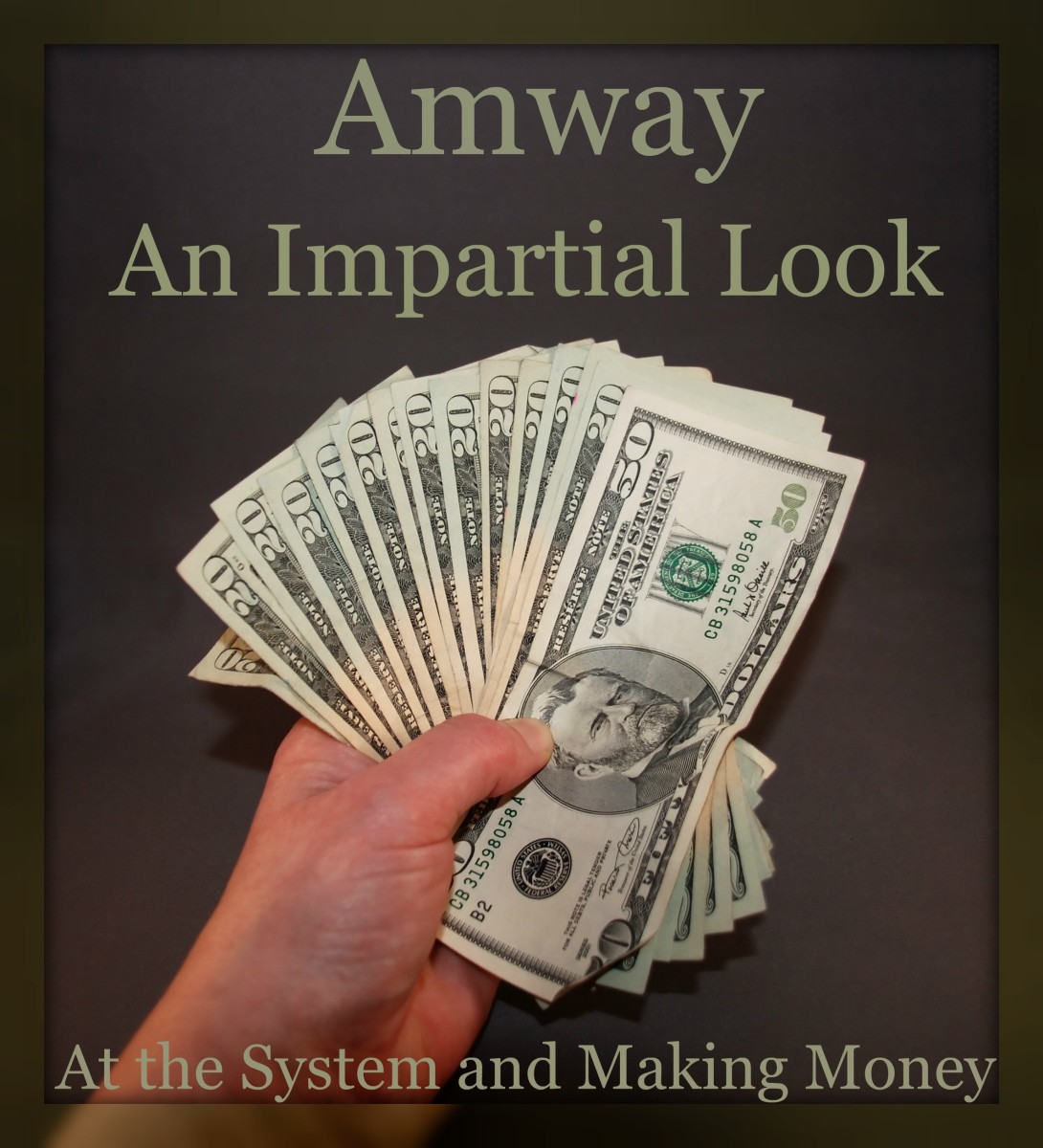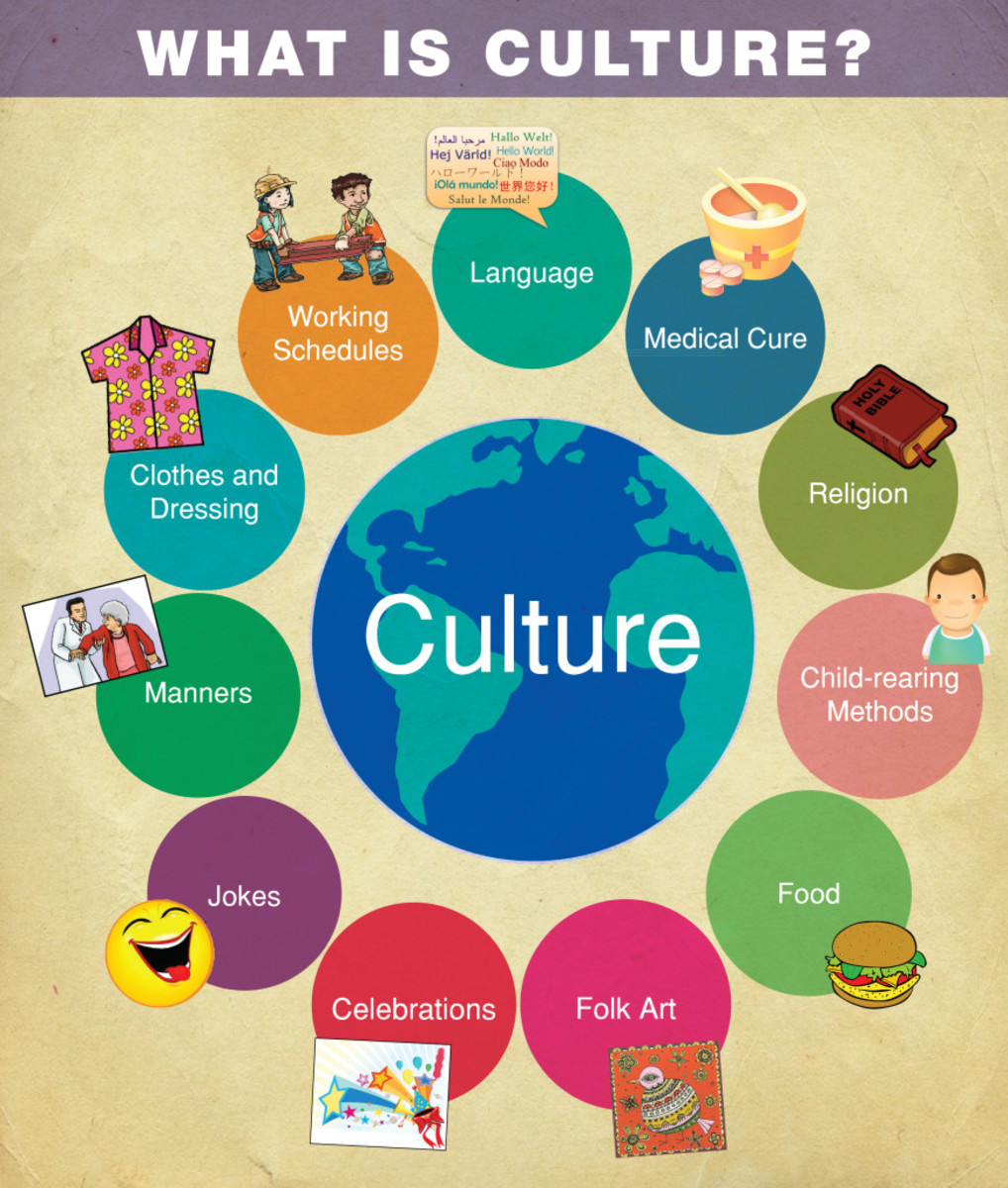The Concept of Self-Hatred Among Outgroups, Part II-The Last Installation

Why Am I Different And Not Like Everyone Else?
While the second class status of some outgroups remain constant throughout history, other outgroups' second class status are changeable depending upon the prevailing ingroup culture and consensus. For instance, a group can be an outgroup in one era and an ingroup in another era, depending upon the modus operandi of a particular society. For example, introverts were once derided for being antisocial and aloof; however, they are becoming recognized as a legitmate personality type like extroverts are.
Because members of outgroups are often denigrated by members of the ingroup, some members of the outgroup often elect to pass into the ingroup to attain better and/or more socioeconomic and/or psychosocial status that they would not receive if they remained members of their outgroup. For instance, many Americans of various ethnic groups changed their names to more acceptable versions in order to obtain better jobs or to even become employable. In the past, those who were presumed to be too ethnic appearing underwent plastic surgery to appear less ethnic.
For racial/ethnic outgroups who were considered less assimilable such as Blacks, Latinos, and Asians, those who were very light-skinned elected to pass for white for better opportunities. Even today, members of outgroups who closely resemble and/or have the characteristics of the ingroup are granted somewhat unlimited access to the latter's world. Such members of the outgroup believe that their particular group is only doing them a disservice and is more detrimental than beneficial to them. They figure that since they resemble the ingroup, they might as well take advantage of that status and incur the complete benefits of belonging to such a group.
The concept of passing is still here even at the present time. Anatole Broyard, a noted NEW YORK TIMES REPORTER, a Black man who passed for white in order to have unlimited job opportunities. Mr. Broyard believed that he had not passed for white, he would not have gotten his prestigious job at THE NEW YORK TIMES. Carol Channing, Broadway and film actress later acknowledged that she was Black; howver, she passed for white for unlimited acting opportunities which she would not have been granted if she revealed her true race. Many light-skinned Blacks inadvertently pass in order to obtain better and more prestigious job opportunities. In many industries, Blacks, Latinos, and other people of color who are light-skinned are more likely to be hired because the Caucasian ingroup perceive them to be more acceptable to them and their clientele.
This concept of passability does not only apply to Blacks, Latinos and other perceived unassimilable racial/ethnic outgroups, this concept of passability and lightness often included darker ethnic Caucasians who often underwent plastic surgery and/or lightened their hair to appear less ethnic looking. In order to appear more Caucasoid looking hence being more acceptable, many Blacks are altering their ethnic features through plastic surgery and are permanently lightening their skin. There are noted examples of Black celebrities with thinner noses and lighter skin through cosmetic surgery.
The ingroup, of course, want to retain and maintain their exclusive status. Naturally, they do not want too many members of the outgroup into their enclave. So even though there are members of the outgroup who resemble the ingroup, they are still considered to be members of the outgroup by the ingroup. For example, to many Caucasians, a light-skinned Black is lumped with the dark-skinned Black and considered to be Black period-no special status.
Members of the outgroup who are high status often resemble the ingroup like it or not. The ingroup make the rules and is comfortable with those who look and/or resemble them either physically, emotionally, and/or psychologically. For example, female high fashion models look as masculine as possible. This is because this ectomorphic look on women is considered to be classier and upscale than a woman with a typically feminine figure.
Another example of this are women who exhibit characteristics which are considiered to be more typically masculine advance more rapidly into high powered positions than women who exhibit typically feminine characteristics. In essence, women who exhibt masculine characteristics conform more to the male ingroup psychology while the latter is clearly considered prototypically female thus being the outgroup. Women in powerful position even deride women with more feminine characteristics as not having what it takes to succeed and often considering her "too soft".
For instance, Blacks who have psychosocial characteristics which conform to the Caucasian ingroup are more likely to be employed in higher paying and more prestigious jobs than Blacks who exhibit "typically stereotypical inflections" or as some Blacks are apt to say "ghetto mannerisms." The more an outgroup exhibits characteristics that are near to that of the ingroup, the more the outgroup is "in" so to speak.
The ingroup in a society has the ultimate power and status. They also have privileges which being part as an exclusive group does. In order to retain their exclusive and high status, members of an ingroup curtail the amount of those in the outgroup who want to become members of the ingroup. This curtaling guarantees that the ingroup will always have an edge over the outgroup. The ingroup want to maintain an exclusive group and they admit too many members of the outgroup, the ingroup will lose their exclusive status.
This explains why members of the ingroup severely curtail the socioeconomic advancement of members of the outgroup. The ingroup often consider members of the outgroup to be inferior to them. The supposed inferiority of the outgroup makes the ingroup feel superior and on top. If there was not an outgroup to demonize and/or demoralize, the ingroup would not have felt so superior.
Conversely, because of inculcation of inferiority by the ingroup, many members of the outgroup believe that they are inferior. Some members of the outgroup contend that they are personas non gratas. They denigrate themselves while glorifying members of the ingroup. As a consequence of this, many members of the outgroup would go through almost any means necessary to be accepted by members of the ingroup. This may include members of the outgroup physically and/or psychologically altering their characteristics. There are even members of the outgroup who elect to leave their respective outgroup altogether to pass and completely assimilate into the ingroup because of better socioeconomic opportunities they would receive than if they have remained members of their respective outgroup.
In summation, there is the ingroup and the outgroup. The ingroup is the group who holds the power and controls things while the outgroup does not have the power and is often powerless. Throughout history, the ingroup has discriminated either overtly and covertly against the outgroup.
Outgroup members were often assigned second class status by the ingroup. The ingroup often segregated and excluded members of the outgroup to maintain their dominant status in society. Members of the outgroup were often subjected to assmilation by the outgroup. Some members of the ingroup believed the outgroup to be less than human and contagion. Methods employed by the ingroup to single out the outgroup range from ostracization, separation, to outright extermination as evidenced by the genocide of various racial/ethnic groups in the twentieth century such as the Armenians, Jews, Croatians, Bosnians, and the Tutsi.
As a result of the denigration and ostracization of the outgroup by the ingroup, many members of the former want to belong to the ingroup because there are greater socieconomic and psychosocial opportunities belong to the latter. Many members of the outgroup often go through many lengths to assimilate into the ingroup with some even leaving and abandoning their respective outgroup. Because to them, the outgroup represents a negative aspect of themselves which they wish to forget. In essence, the more aligned a member of the outgroup is to the ingroup, the more "in" he/she feels.
© 2012 Grace Marguerite Williams






